The Canada Research Chairs Program is a tri-agency initiative of the Social Sciences and Humanities Research Council (SSHRC), the Natural Sciences and Engineering Research Council (NSERC), and the Canadian Institutes of Health Research (CIHR).
Chairholders aim to achieve research excellence in engineering and the natural sciences, health sciences, humanities, and social sciences. They improve our depth of knowledge and quality of life, strengthen Canada's international competitiveness, and help train the next generation of highly skilled people through student supervision, teaching, and the coordination of other researchers' work.
Read more about U of T Scarborough's Chair holders and their research programs:

Caroline Hossein, Global Development Studies
Canada Research Chair (Tier 2) in Africana Development and Feminist Political Economy
Professor Hossein’s research investigates the informal solidarity economies and systemic exclusion of the African diaspora. Through her work with Rotating Savings and Credit Associations (ROSCAs) and Diverse Solidarity Economies (DiSE) Collective, she will employ a feminist political economy lens to understanding the commons, rotating savings and credit associations, cooperatives, and self-help. Learn more about Professor Hossein’s work here.

Hilary Brown, Health and Society
Canada Research Chair (Tier 2) in Disability and Reproductive Health
Professor Brown’s research interests lie at the intersection of maternal and child health and chronic disease epidemiology, with a particular interest in the influence of maternal chronic medical conditions and maternal disabilities on preconception, pregnancy, and postnatal health outcomes. Learn more about Professor Brown's work here.
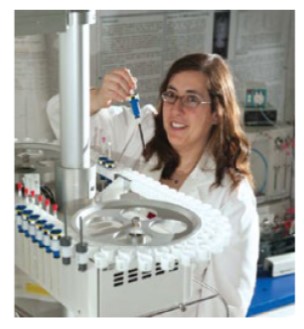
Myrna Simpson, Physical and Environmental Sciences
Canada Research Chair (Tier 1) in Integrative Molecular Biogeochemistry
Professor Simpson’s research group studies environmental processes at the molecular-level and also explores how this information can be used to understand ecosystem and environmental health. Her team develops and uses advanced analytical tools (mass spectrometry and nuclear magnetic resonance spectroscopy) to understand the structure and environmental reactivity of natural organic matter found in soils, sediments, water, and ice. Learn more about Professor Simpson's work here.

Cendri Hutcherson, Psychology
Canada Research Chair (Tier 2) in Decision Neuroscience, 2018-2023
Professor Hutcherson’s research focuses on the development of neural and behavioural models of decision making and self-control. Her research program aims to explain and predict why people succeed or fail to make good choices in different contexts, and yield new technologies and strategies to help them improve their decision making. These strategies will allow individuals to set and achieve their goals more effectively, and will help create more effective health and educational policies. Learn more about Professor Hutcherson's research here.
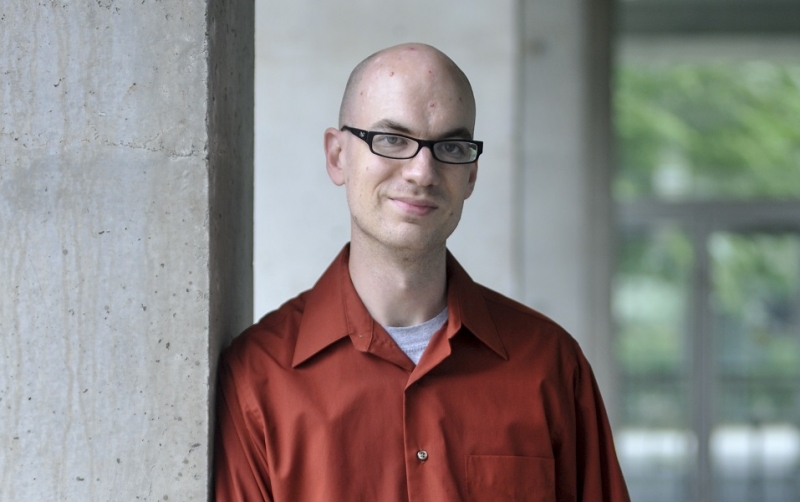
Brian Connelly, Management
Canada Research Chair (Tier 2) in Integrative Perspectives on Personality, 2016-2021
Professor Connelly's research program examines how organizations can best use personality measures to solve workplace challenges, particularly in employee selection and development. The research focuses on the limitations of self-knowledge, how first impressions are formed, the way people “fake” personality measures and the structure of personality, with the goal of creating more accurate, data-driven tests that weed out bias and fakery. Learn more about Professor Connelly's research here.
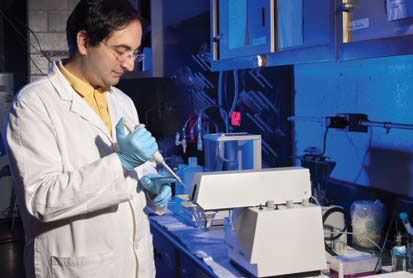
Kagan Kerman, Physical & Environmental Sciences
Canada Research Chair (Tier 2) in the Bioelectrochemistry of Proteins, 2016-2021
Professor Kerman’s research applies state-of-the-art, rapid and affordable approaches to the study of Alzheimer’s drugs. His research seeks to improve early detection methods in order to enable disease intervention and improve patient care. This is critically important as Alzheimer’s afflicts 44 million people globally and is expected to cost the Canadian economy $293 billion per year by 2040. Learn more about Professor Kerman's work here.
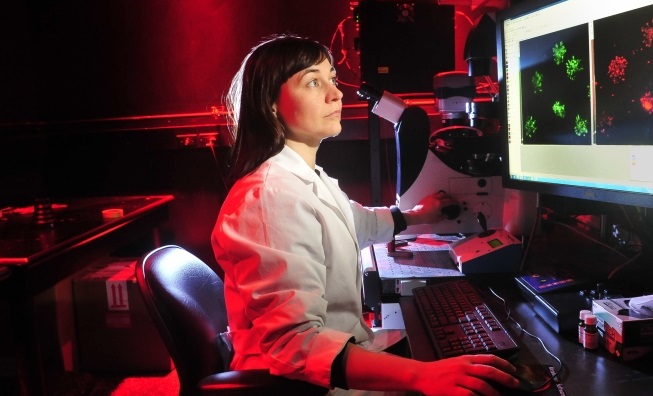
Bebhinn Treanor, Biological Sciences
Canada Research Chair (Tier 2) in Spatially Resolved Biochemistry, 2016-2021
Professor Treanor’s research focuses on the biochemical processes that drive immune cell activation, specifically the role of B cells. These cells are targets of vaccination because they produce molecules called antibodies, which are important for the destruction of pathogens in the body. The research aims to fundamentally understand immune response, how it’s regulated, and how it can be controlled to develop therapies for lymphomas and autoimmune diseases. More about Professor Treanor's research here.
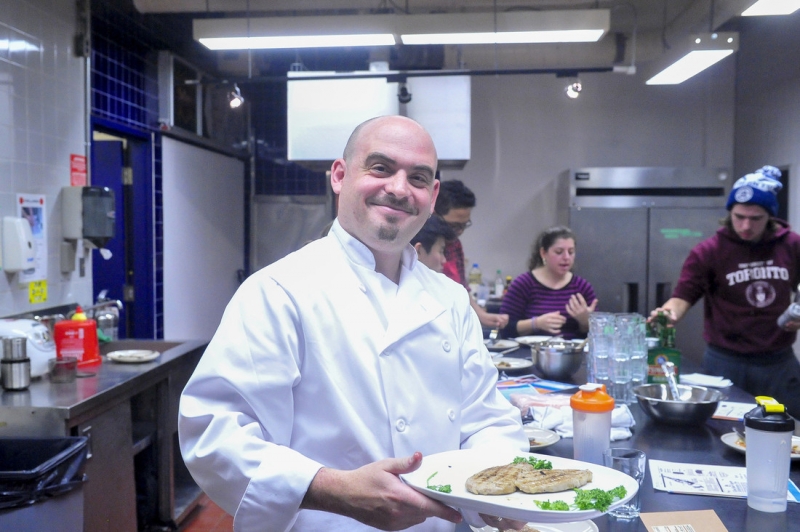
Canada Research Chair (Tier 1) in Global Culture, 2014-2021
Professor Bender's research examines the forces that led to globalization as we know it today, its historical roots in past global empires, trade, migration and cultural encounters. The research program looks for new connections and directions in how we study the lives of ordinary working people. It looks at how workers became involved in the global economy, confronting, negotiating, representing and resisting globalization’s advance. His research focuses on a clear core question: how have ordinary people and their local communities experienced a globally connected world? Learn more about Professor Bender's work here.

Bianca Schroeder, Computer & Mathematical Sciences
Canada Research Chair (Tier 2) in Data Centre Technologies, 2014-2019
Professor Schroeder's research focuses on the design and implementation of computer systems, especially large-scale systems, storage systems and data centers. As computing centres keep growing in size and complexity, comprising millions of components, system reliability, energy use and cost-efficiency become increasingly difficult, and a high priority for organizations. Learn more about Professor Schroeder's research here.
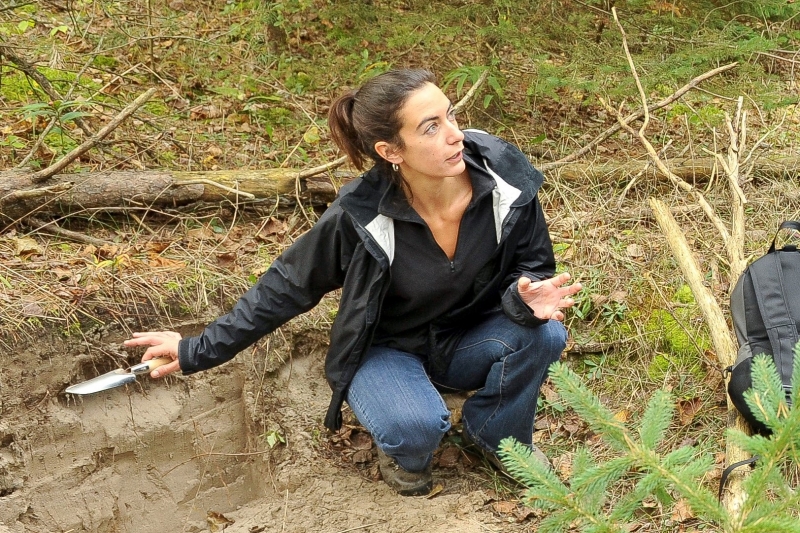
Marney Isaac, Physical & Environmental Sciences and Centre for Critical Development Studies
Canada Research Chair (Tier 2) in Agroecosystems and Development, 2013-2018
Professor Isaac uses a multidisciplinary approach that draws from ecology, biogeochemistry, and development studies to better understand the intersection of people and the plants they grow. Her research focuses on ways of maximizing ecosystem function and services—benefits, like carbon storage, nutrient-use efficiency, and biodiversity, that can be realized by modifying agricultural environments. Learn more about the research program here.